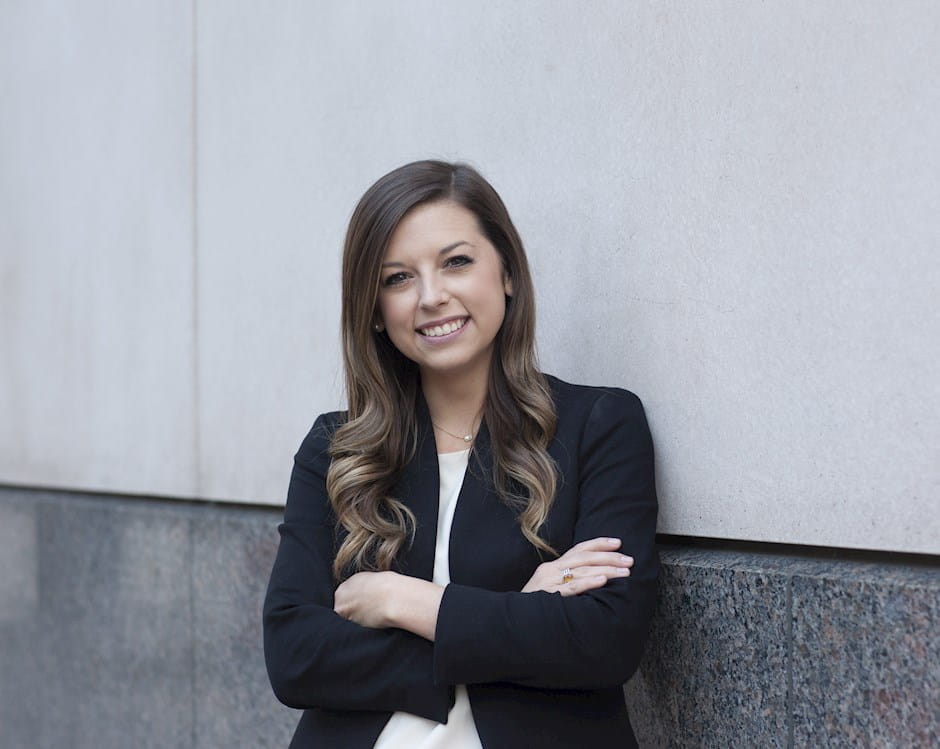
Evening MBA student Aly Kasberg shares her takeways from a chat with Morgan Flatley, CMO of MCDonald's.
- By
- August 06, 2020
- Career Impact

I was lucky to find my passion for marketing early in my career. As someone with six years of agency experience working with brands like Sprint, Hilton, and Whirlpool, I came to Chicago Booth to round out my quantitative skills before transitioning into consumer packaged goods (CPG) brand management.
When applying to the program, one of the aspects I was attracted to outside of the rigorous curriculum was Booth’s access to thought leaders in the community. I wanted to hear from people who held roles I aspired to, like Morgan Flately, the CMO of McDonald’s.
In May, the Kilts Center for Marketing held a virtual small-group session with Morgan for the Booth Marketing Club as a part of their CMO series. I was eager to join, not only to learn about her experiences, but also to get her perspective on a few questions. Namely—given the short tenure CMO’s traditionally face—what does it take to be successful once you obtain the chief marketing title?
Like many in the marketing industry, Morgan learned the fundamentals of marketing during her post-MBA career working within CPG at PepsiCo. During 13 years with the company, Morgan held a variety of positions and ultimately became the CMO of Gatorade.
Shifting from CPG to retail, she brought this experience into her current position as CMO at McDonald’s. Now three years into the role, Morgan discussed how the CMO role has expanded, requiring marketers to cover more territory than they have historically.
When asked what she thinks it takes to be a successful CMO in today’s landscape, she shared the following four key areas:
As a Booth student, Morgan’s approach resonated with me. In fact, these four key takeaways correlate directly with Booth’s values: respect for others’ perspectives, leading the way with data, exhibiting curiosity, and creating frameworks to tackle the unfamiliar. Yes, data has a growing role in marketing, requiring a broader set of skills. However, creativity and curiosity will always remain critical to drive authentic connections. The fusion of art and science continues.
As Morgan concluded, she left students with parting advice: “Make sure whatever you’re doing is not for an end goal but because you’re enjoying it in the moment. You’re going to make a lot of sacrifices for your career, so make sure it’s something you are passionate about along the way.”
Given everything we have experienced this year, my response to this advice? I’m lovin’ it.
Thank you again to Morgan for taking the time to talk with Booth students and to the Kilts Center for another notable event.

Evening MBA Student
Aly Kasberg